【波士顿双语网2021年10月30日讯】10月15日,家住达拉斯的女留学生张泽突然去世,让她的亲友和同事们朋友们都感到无比悲伤。张泽毕业于北京大学,刚刚在德州大学取得博士学位几个月,却不幸去世。就在上个月23日,她作为第二作者的一篇论文刚刚在国际知名的学术期刊《自然》发表,是一篇融合人工智能(AI)和生物免疫学的重要论文。
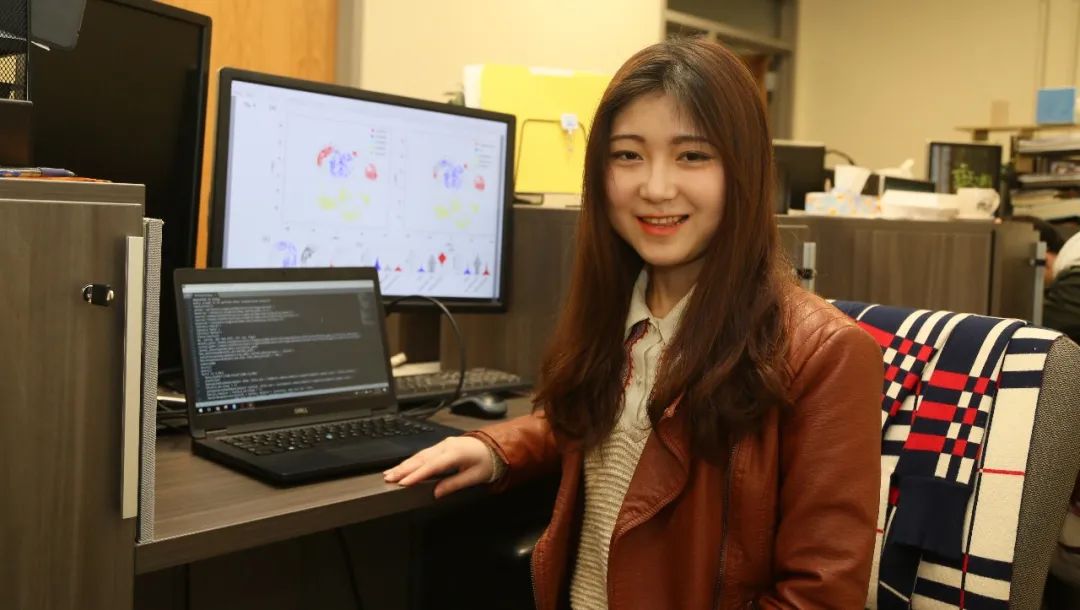
关于张泽意外死亡的原因有多种传闻,目前没有得到官方的证实,张泽的同事和友人们也恳请大家不要胡乱猜测。
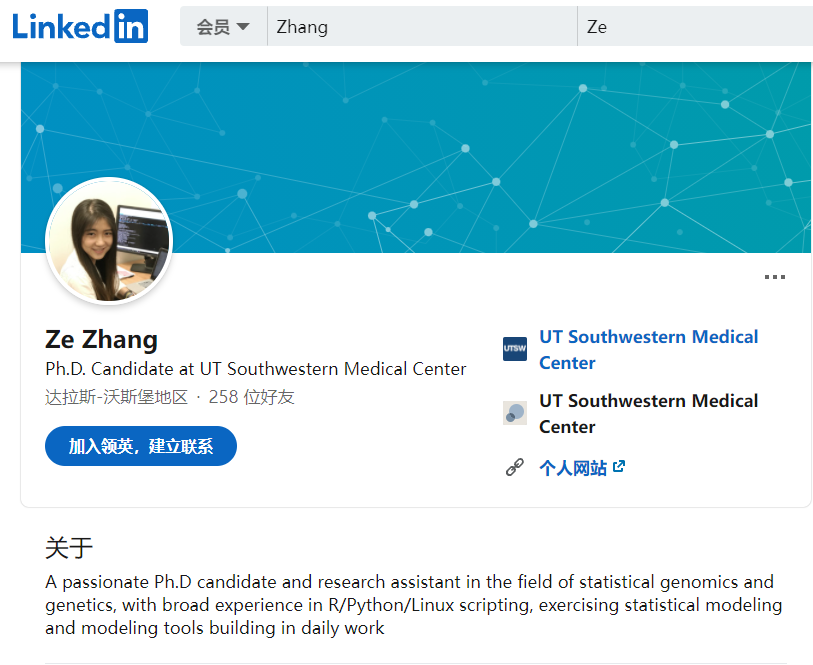
根据领英(Linkedin)的资料显示,张泽(Ze Zhang)2012年至2016年在北京大学就读本科,2016年至2021年在德克萨斯大学西南医学院获得博士学位,专业是生物医学工程,目前居住在达拉斯。
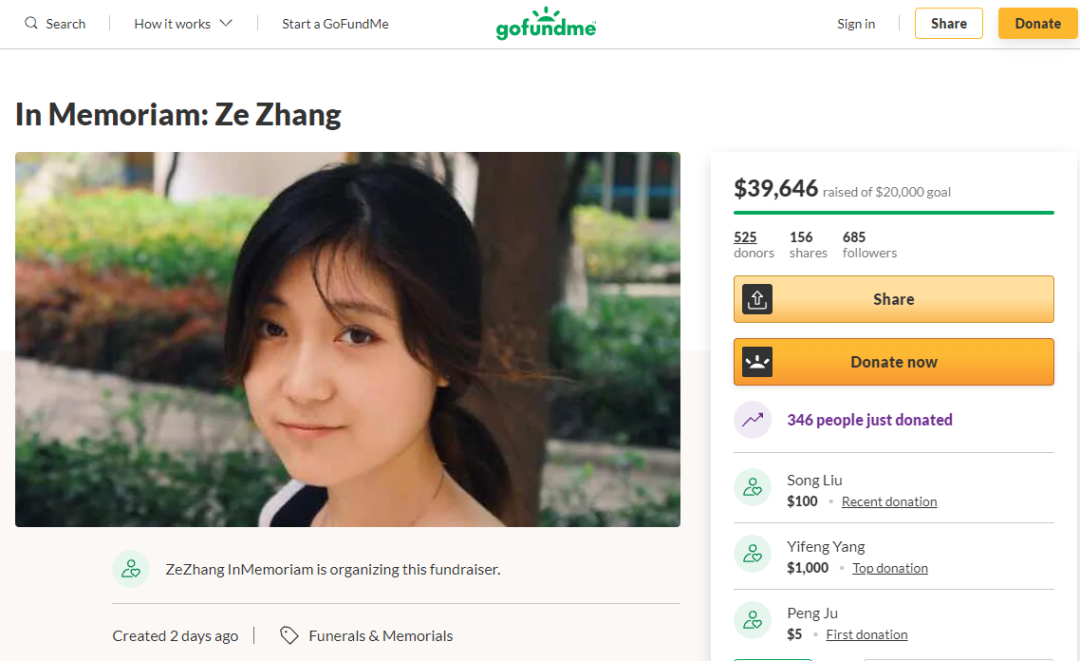
在众筹网站GoFundMe上,张泽的朋友为她开通了捐款通道,筹款目标2万美元,为她举办葬礼之用,不过两天就获得了将近4万美元的捐款,许多捐款人都是她朋友,最多的一个直接捐了1000美元。
她的朋友在在简介中写道:您可能已经知道,我们挚爱的朋友张泽于2021年10月15日意外去世。
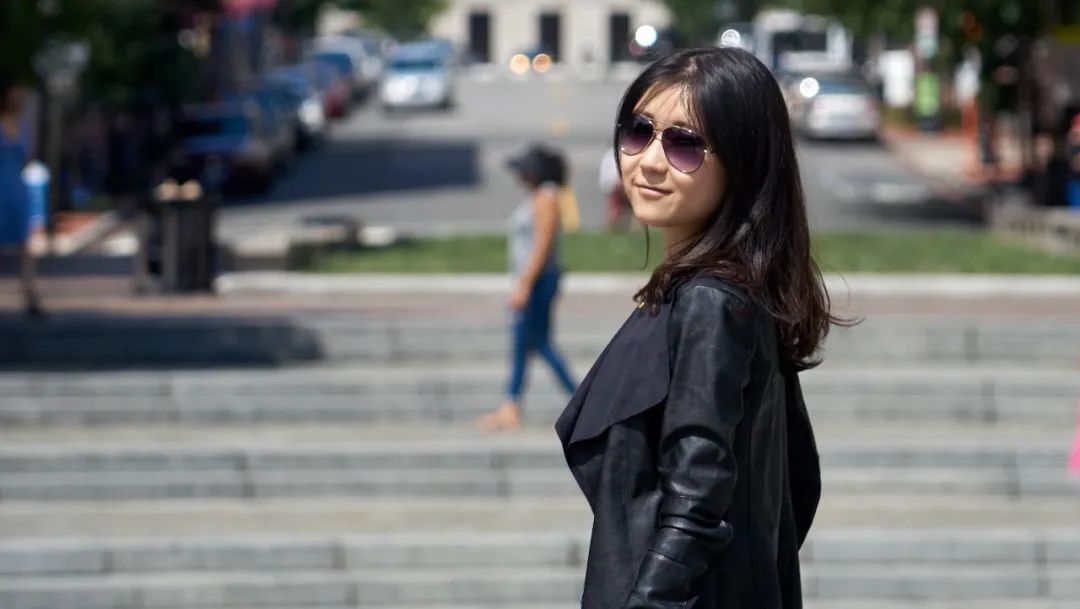
张泽出生并成长在中国东北,她的学术非常有成就,几个月前获得了博士学位,在达拉斯的5年里,她帮助过很多人,教新生如何开车,帮助别人上下班,她做了美味佳肴招待朋友。对于她的许多朋友来说,她一直是生命中宝贵而重要的一部分。
朋友印象:开朗,爱做饭的女孩
在简介后面,帖子晒出了许多张泽的日常照片,有工作场景的,也有生活场景的。
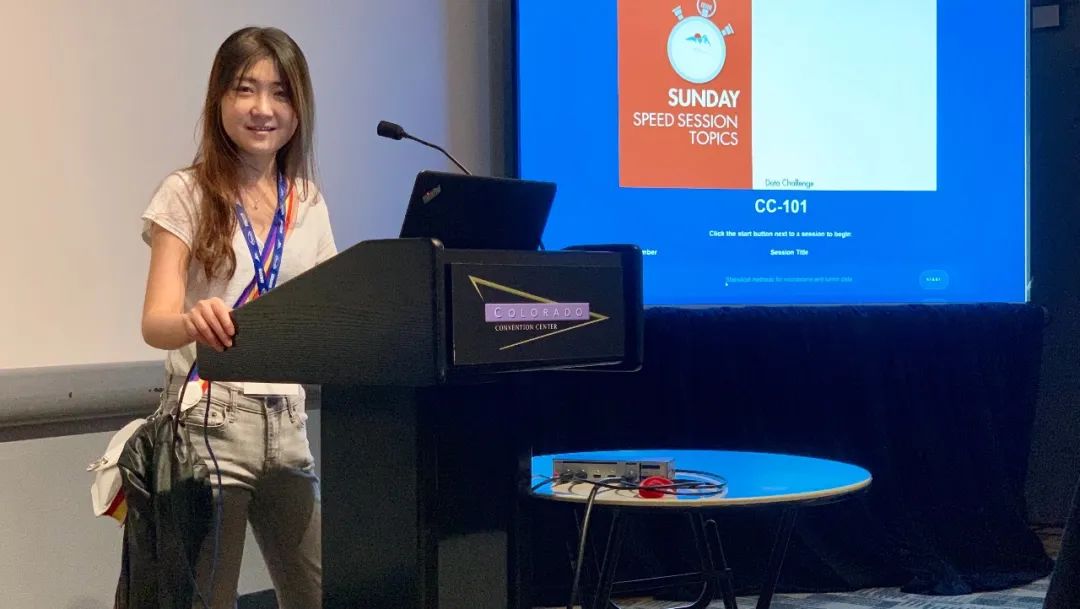
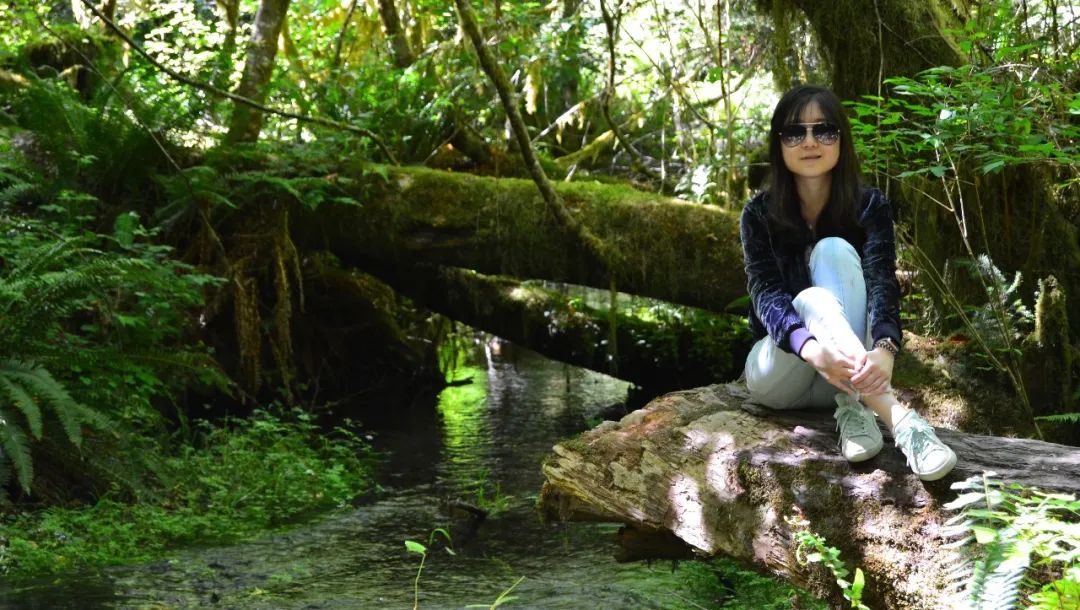
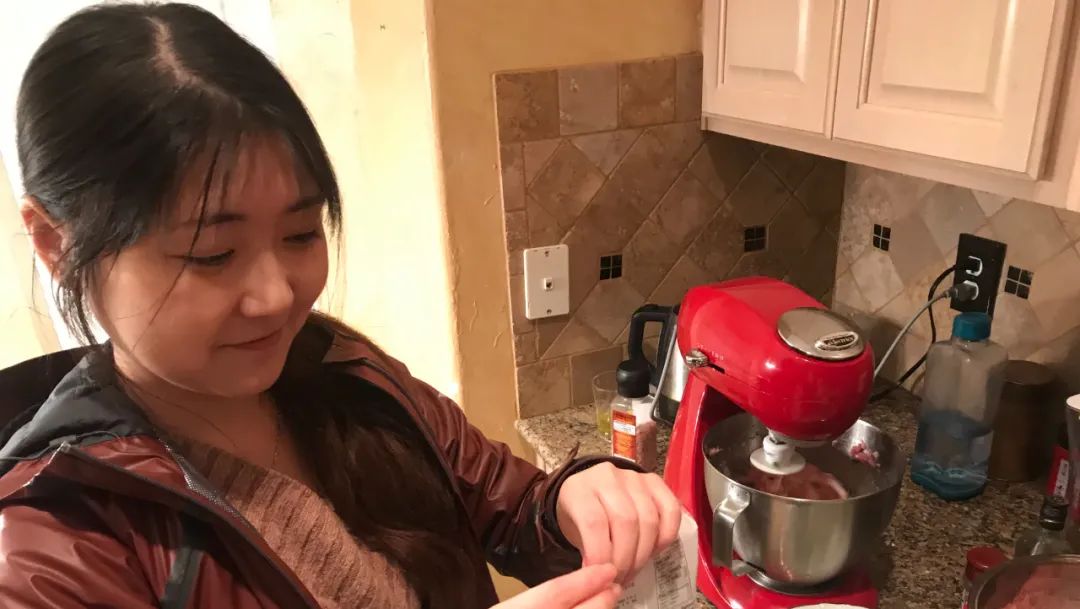
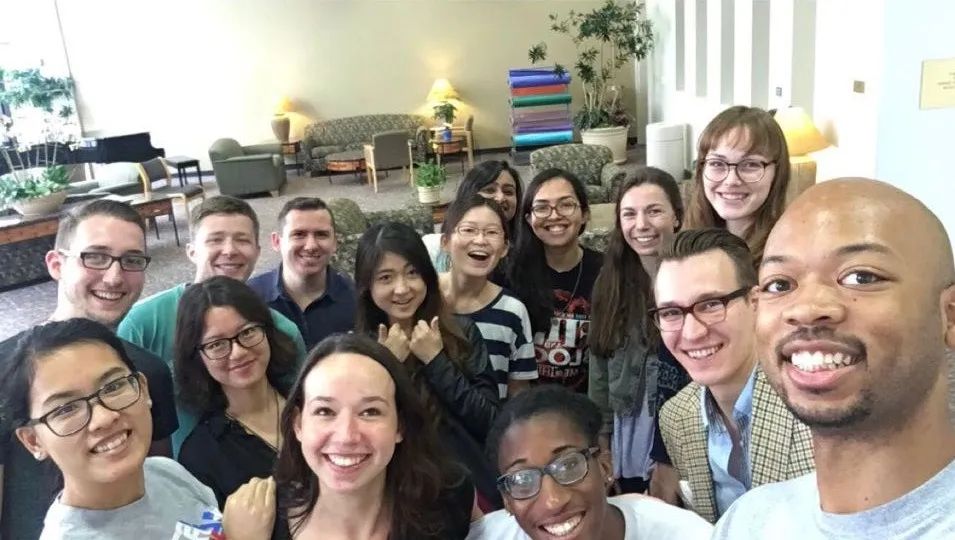

“我不知道该说些什么,你和我的孩子一样大。我无法想象你的父母如何伤心。安息吧,我们思念和祈祷你的家人。”

“泽,你的离去让我们所有人都陷入了最深的悲痛和难以置信中。所有人都怀念你,希望你在那边一切都好。”

“说好等你打完加强针去吃你做的饭,你怎么说话不算数呢? 不敢相信真的是你。”

“上次见你还是你来纽约我们一起笑笑打风打卡还说一定想找你过冬想到那是最后一次相见你是一定要去高维空间一个更自由的自己了”

“带着东北姑娘的热情好客,以后要学会照顾自己,即使天堂里没有疾病和痛苦。”

“时至今日还是难以相信。想起那时候的Game of throne watch party,无法相信那个乐观爱笑神经大条的party host就这样离我们远去了。rest in peace my friend, you will be forever missed.希望那边的第七季能好一点…”
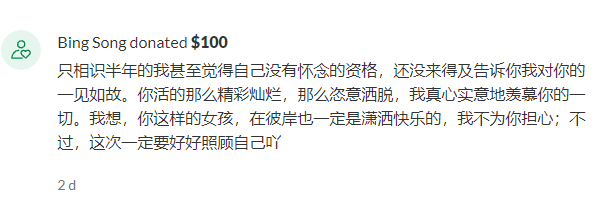
“只相识半年的我甚至觉得自己没有怀念的资格,还没来得及告诉你我对你的一见如故。你活的那么精彩灿烂,那么恣意洒脱,我真心实意地羡慕你的一切。我想,你这样的女孩,在彼岸也一定是潇洒快乐的,我不为你担心;不过,这次一定要好好照顾自己吖”

“还等着你的大馕炕烤包子烤肉淹没我们的冰箱呢。We miss you.”
下面是张泽等人在《自然》发表的论文的摘要。
Deep learning-based prediction of the T cell receptor–antigen binding specificity (基于深度学习的 T 细胞受体-抗原结合特异性预测)
Abstract
Neoantigens play a key role in the recognition of tumour cells by T cells; however, only a small proportion of neoantigens truly elicit T-cell responses, and few clues exist as to which neoantigens are recognized by which T-cell receptors (TCRs). We built a transfer learning-based model named the pMHC–TCR binding prediction network (pMTnet) to predict TCR binding specificities of the neoantigens—and T cell antigens in general—presented by class I major histocompatibility complexes. pMTnet was comprehensively validated by a series of analyses and exhibited great advances over previous works. By applying pMTnet to human tumour genomics data, we discovered that neoantigens were generally more immunogenic than self-antigens, but human endogenous retrovirus E (a special type of self-antigen that is reactivated in kidney cancer) is more immunogenic than neoantigens. We further discovered that patients with more clonally expanded T cells that exhibit better affinity against truncal rather than subclonal neoantigens had more favourable prognosis and treatment response to immunotherapy in melanoma and lung cancer but not in kidney cancer. Predicting TCR–neoantigen/antigen pairing is one of the most daunting challenges in modern immunology; however, we achieved an accurate prediction of the pairing using only the TCR sequence (CDR3β), antigen sequence and class I major histocompatibility complex allele, and our work revealed unique insights into the interactions between TCRs and major histocompatibility complexes in human tumours, using pMTnet as a discovery tool.